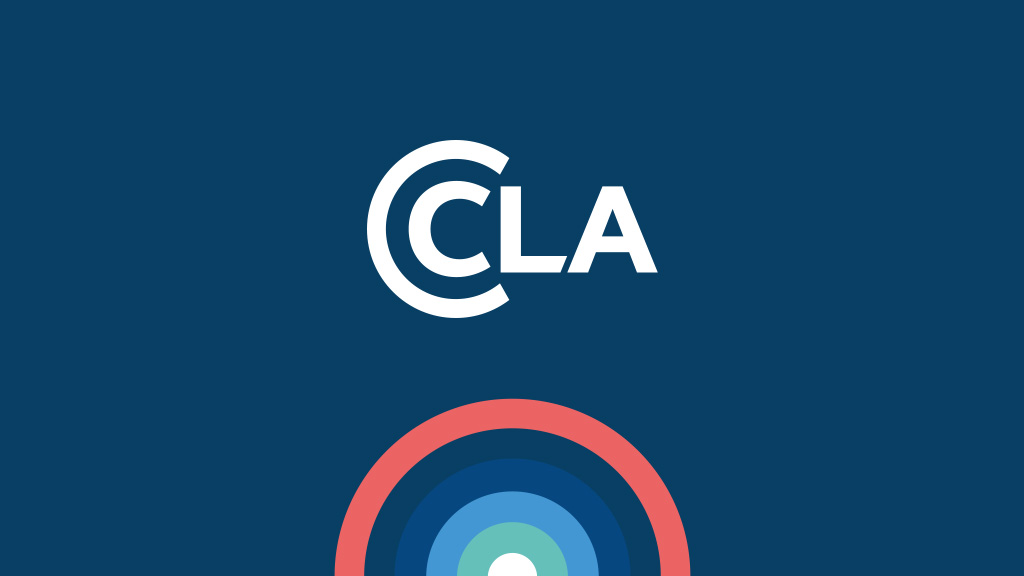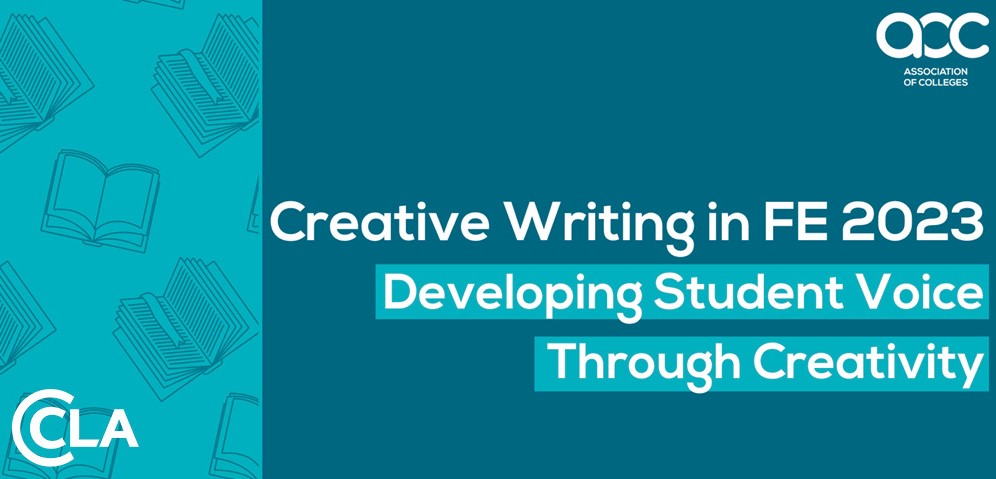
New Curriculum-Matched Resources from CLA
For the 2024/25 academic year, CLA has launched a collection of 23 primary and secondary school teaching resources. These ...

Practical tips for using your CLA Education Licence
If your institution has an Education Licence from the Copyright Licensing Agency, this covers staff to copy extracts from a ...

CLA launches new Read Aloud Licence with Welsh Local Government Association central agreement
CLA has developed a new Licence that addresses the needs of educators to record reading aloud to their learners. State-funded ...

Supporting Learning and Collaboration: CLA’s Bursary Impact at the CILIP Conference 2023
As part of our 40th anniversary celebrations, this year CLA launched our bursary programme, starting with the CILIP Conference 2023. ...

CLA launches a new website and refreshed brand
For its fortieth year, Copyright Licensing Agency (CLA) is delighted to announce the launch of a fresh new appearance and ...

CLA supports creative writing in FE: Developing student voice through the written word
CLA is thrilled to sponsor this Association of Colleges initiative, which encourages all members of the college community to ...

